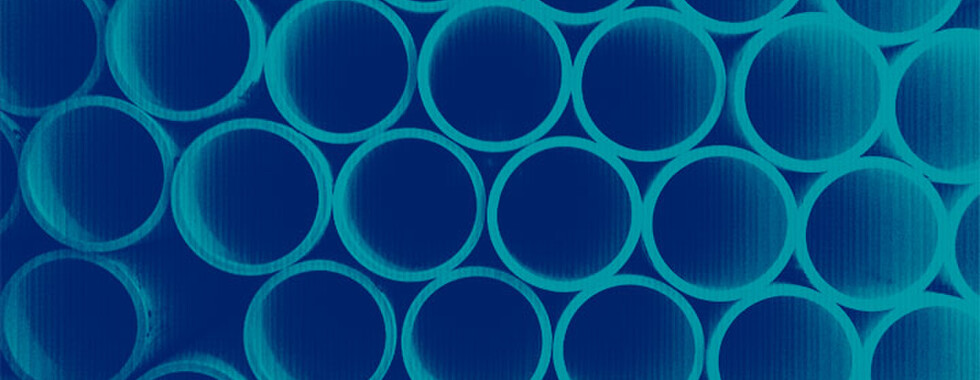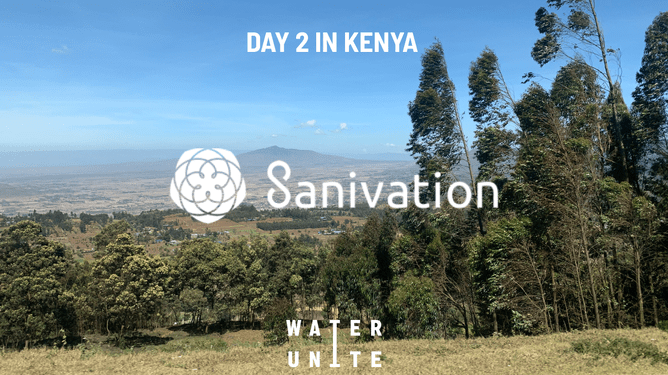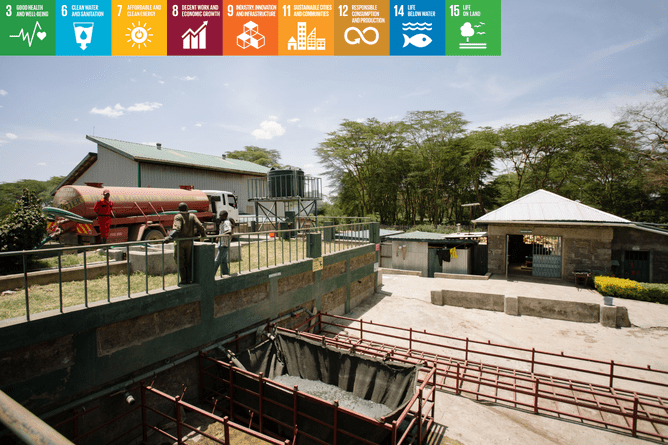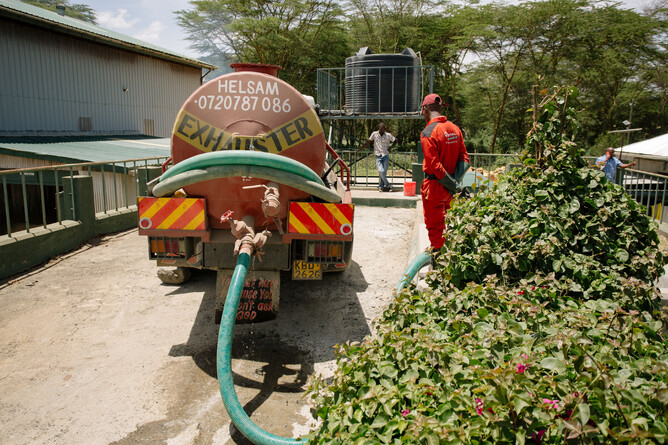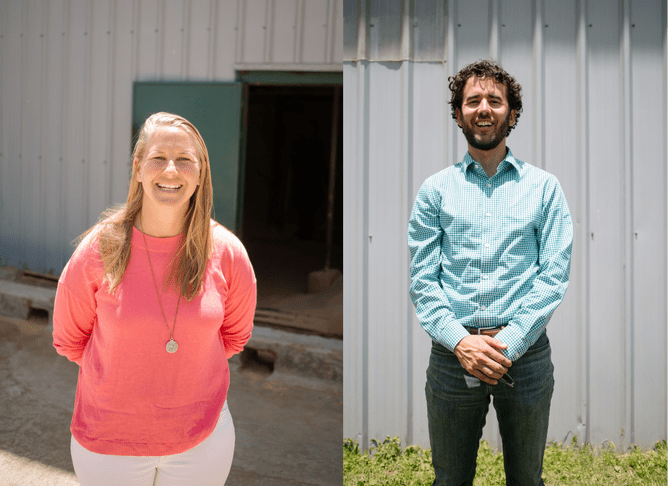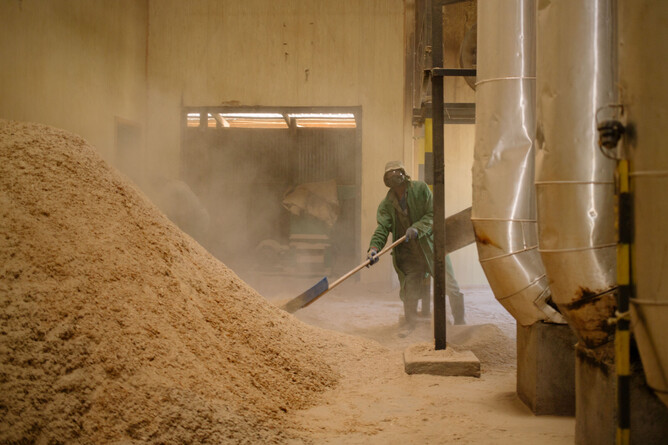On day two of our trip, the Water Unite and Wellers Impact teams ventured out of Nairobi to head on to Naivasha, a small town to the west, where Sanivation’s waste-to-energy plant resides.
Turning faecal sludge into waste - not the sexiest catch line but a wholly needed business doing vital work that spreads across many sustainable development goals beyond the obvious SDG 6 - Clean Water and Sanitation and SDG 7 - Affordable and Clean Energy
Often, waste is not disposed of correctly or at all, creating humongous health risks for residents. Sanivation work to formalise sanitation services and provide training so that the sludge is collected safely, before it is transported to waste facilities. It is then processed and combined with other naturally occurring resources such as sawdust to create a sustainable energy source.
The energy product aids prevention of deforestation, as wood is often the only accessible energy source for many people across the country.
Their operations extend far beyond the realms of creating a more sustainable energy source. They fill a vital gap in the market for creating city wide inclusive sanitation plans (CWISP) through establishing relationships with local water and utilities companies, such as MAWASCO, local and national governments, in which they act as sanitation technical experts in order to deploy City Wide Inclusive Sanitation Plans for regions that desperately need improved sanitation services.
Through working with their partners, they renovate existing sanitation services, for which there are few and are left to the informal sector to complete. Creating large scale change requires multi-level and often international cooperation, where all stakeholders have a voice and are involved in the process.
Andrew Foote, Co-Founder of Sanivation, greeted the Water Unite, Wellers Impact, Co-op and Fairtrade teams and spoke with great enthusiasm on the work they are doing in Malindi as well as an overview on what Sanivation offers the sanitation market. Malindi is a coastal town and was once an ecotourism giant with beautiful beaches and a stunning ocean. However poor sanitation services have led to the renouncement of this title. The problem was further catalysed due to the rapidly expanding population of the region, which is expected to double by 2040. The current human waste dump site is only 1.5km from the beach.
The Transform Malindi project is in progress and has been hugely well received, for which Sanivation collaboratively produced their CWISP in order to restore Malindi to its former glory, which also includes a Malindi-based waste treatment plant. The reception of Sanivation’s work is demonstrated by the quantity of site visits that Sanivation receives - up to 20 in a month from interested parties, stakeholders and governments.
Unsurprisingly, the facilities were not the most pleasant in odour, but health and safety is taken incredibly seriously as we passed through many sterilisation points, in addition to facemasks being handed out.
Heading back to Nairobi, the teams saw off the day with a dinner with the Gearbox team from the previous day. Not only was it insightful to speak with the senior staff of Gearbox, but it was a breath of fresh air to speak with the younger members of the team on their journey into becoming engineers. Establishing relationships with investee companies is vital in encouraging open communication between businesses.
